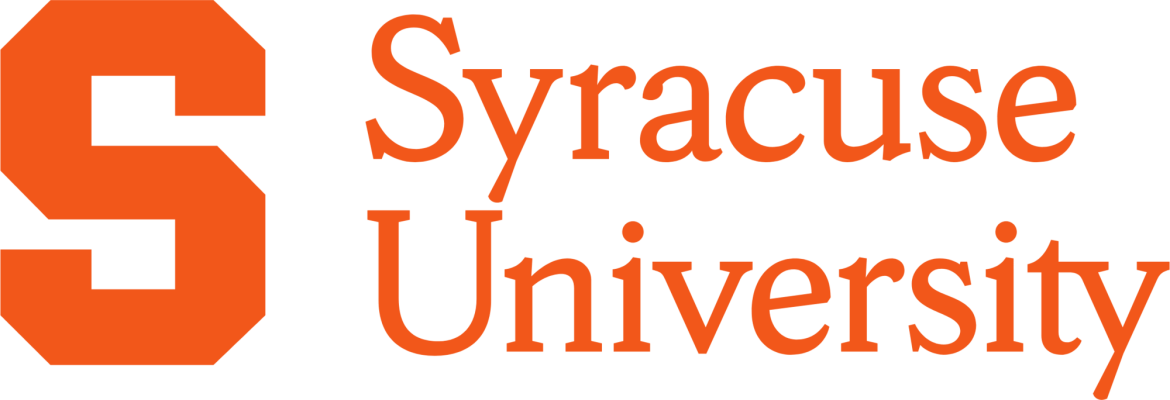Human Services
This program is designed to give you the first two years of a bachelor’s degree.
What You'll Learn
Gain the counseling, advocacy, and case-management skills agencies need.
Train to make a difference in the lives of others while building professional resilience and leadership skills. Through immersive coursework and a supervised internship, you’ll gain hands-on experience in case management, crisis intervention, and social policy. TC3 graduates enter a workforce with expanding demand for mental health, youth, and community support professionals.
Where You’ll Go

Child, Family, and School Social Workers
- Maintain case history records and prepare reports.
- Interview clients individually, in families, or in groups, assessing their situations, capabilities, and problems to determine what services are required to meet their needs.
- Serve as liaisons between students, homes, schools, family services, child guidance clinics, courts, protective services, doctors, and other contacts to help children who face problems, such as disabilities, abuse, or poverty.
- Develop and review service plans in consultation with clients and perform follow-ups assessing the quantity and quality of services provided.

Social and Community Service Managers
- Direct activities of professional and technical staff members and volunteers.
- Establish and oversee administrative procedures to meet objectives set by boards of directors or senior management.
- Evaluate the work of staff and volunteers to ensure that programs are of appropriate quality and that resources are used effectively.
- Participate in the determination of organizational policies regarding such issues as participant eligibility, program requirements, and program benefits.

Social and Human Service Assistants
- Assess clients' cognitive abilities and physical and emotional needs to determine appropriate interventions.
- Develop and implement behavioral management and care plans for clients.
- Keep records or prepare reports for owner or management concerning visits with clients.
- Visit individuals in homes or attend group meetings to provide information on agency services, requirements, or procedures.
Salary information presented are estimates and can be different for each individual based on education, experience, and the specific employer. Labor market data is based on 2025 estimates derived from Lightcast (Career Coach | Lightcast)
The careers listed above are just a starting point. Our programs mix together important concepts and hands-on skills—but that doesn’t mean your future has to follow the same script. Find out more at Career Exploration & Support.
Program Requirements
To graduate [ 61-63 credits + 2.0 GPA or higher ]
Additional Notes:
- A "C" or better grade is required in ENGL 100; HUMS 105, 200, and 232.
| Course ID | Course Name | Credits | Minimum Grade |
|---|---|---|---|
| ENGL098 | Accelerated Writing Skills for ENGL 100 | 3 | |
| RDNG116 | College Reading and Study Skills | 3 | |
| MATH120 | College Algebra | 4 | |
| OR MATH029 | Skills & Support for Statistics | 3 |
| Course ID | Course Name | Credits | Minimum Grade |
|---|---|---|---|
| ENGL100 | Academic Writing I | 3 | |
| or A student exempt from ENGL100 must substitute a three-credit unrestricted elective. The course should be in consultation with the student’s advisor. | 3 | ||
| HUMS105 | Introduction to Human Services | 3 | |
| PSYC103 | Introduction to Psychology | 3 | |
| or PSYC103H | Introduction to Psychology-Honors | 3 | |
| SOCI101 | Introduction to Sociology | 3 | |
| or SOCI101H | Introduction to Sociology-Honors | 3 | |
| UNRE ELEC | Unrestricted Elective | 3 |
| Course ID | Course Name | Credits | Minimum Grade |
|---|---|---|---|
| ENGL101 | Academic Writing II | 3 | |
| or ENGL101H | Academic Writing II-Honors | 3 | |
| HUMS200 | Generalist Social Work Practice Skills | 3 | |
| MATH200 | Statistics | 3 | |
| or MATH200H | Statistics Honors | 3 | |
| PSYC263 | Development Across the Lifespan | 3 | |
| POSC103 | American National Government | 3 | |
| or POSC104 | American State & Local Government | 3 |
| Course ID | Course Name | Credits | Minimum Grade |
|---|---|---|---|
| BIOL100 | Human Biology | 3 | |
| ENGL102 | Approaches to Literature | 3 | |
| or ENGL102H | Approaches to Literature-Honors | 3 | |
| HSTY201 | American History to 1877 | 3 | |
| or HSTY201H | American History to 1877--Honors | 3 | |
| or HSTY202 | American History Since 1877 | 3 | |
| or HSTY202H | American History Since 1877--Honors | 3 | |
| Liberal Arts and Science - Math/Natural Science | Liberal Arts and Science - Math/Natural Science | 3 - 4 | |
| or Liberal Arts and Science - Social Science | Liberal Arts and Science - Social Science | 3 - 4 | |
| or Liberal Arts and Science - Humanities | Liberal Arts and Science - Humanities | 3 - 4 | |
| or ANTH, PSYC, or SOCE course is recommended. | ANTH, PSYC, or SOCE course is recommended. | 3 - 4 | |
| PSYC209 | Abnormal Psychology | 3 | |
| or PSYC209H | Abnormal Psychology-Honors | 3 | |
| or SOCI201 | Sociology of the Family | 3 | |
| or SOCI203 | Sociology of Race, Power, and Privilege | 3 | |
| or SOCI206 | Juvenile Delinquency | 3 | |
| or SOCI207 | Introduction to Criminology | 3 | |
| or SOCI218 | Smart TV | 3 | |
| or SOCI220 | Applied Anthropology Globalizing World | 3 | |
| or SOCI249 | Special Topics-Sociology | 3 | |
| or SOCI290 | Social Science Capstone Course | 3 | |
| or SOCI295 | Foundations of Education | 3 |
| Course ID | Course Name | Credits | Minimum Grade |
|---|---|---|---|
| HUMS232 | Human Service Internship & Seminar | 4 | |
| ENGL201 | Public Speaking | 3 | |
| or ENGL201H | Public Speaking - Honors | 3 | |
| or ENGL204 | Interpersonal Communication | 3 | |
| or ENGL210 | Intercultural Communication | 3 | |
| or ENGL201 is recommended for students planning to transfer. | ENGL201 is recommended for students planning to transfer. | ||
| HUMS ELEC | Human Services Elective | 3 | |
| or ANTH202 | Cultural Anthropology | 3 | |
| or ANTH202H | Cultural Anthropology - Honors | 3 | |
| or CDSC101 | Introduction to Chemical Dependency Coun | 4 | |
| or CDSC103 | Introduction to Prevention | 4 | |
| or CRJU105 | Introduction to Criminal Justice | 3 | |
| or HLTH207 | Drug Studies | 3 | |
| or HLTH208 | Alcohol and Alcoholism | 3 | |
| or POSC112 | Introduction to Public Administration | 3 | |
| or SOCI203 | Sociology of Race, Power, and Privilege | 3 | |
| or HUMS114 or HUMS128 is recommended. | HUMS114 or HUMS128 is recommended. | ||
| UNRE ELEC | Unrestricted Elective | 3 | |
| SUNY GE #9 World History and Global Awareness | World History and Global Awareness | 3 | |
| or SUNY GE #7 The Arts | The Arts | 3 | |
| or SUNY GE #10 World Languages | World Languages | 3 |
| Transfer School Sort descending | Transfer Program |
|---|---|
Transfer School: Hobart and William Smith Colleges |
Transfer Programl: Multiple Programs |
Transfer School: Syracuse University |
Transfer Programl: College of Professional Studies |


Student & Faculty Stories
On this page
Attend a Discovery Day!
Curious about TC3? Discovery Days give you an inside look at our campus, programs, and an opportunity to connect with the staff and faculty who are here to support you. Click the link below to register for our Chemical Dependency Counseling and Human Services Discovery Day!
Real-world Experience
This program has applied learning built right in to the coursework, so when you graduate you’ll have tangible, real-world experience that employers are looking for, making your job search that much easier.
Take on as much (or as little) as you want. Our microcredentials and certificates provide you with credits to apply to 2-year programs – when you’re ready!